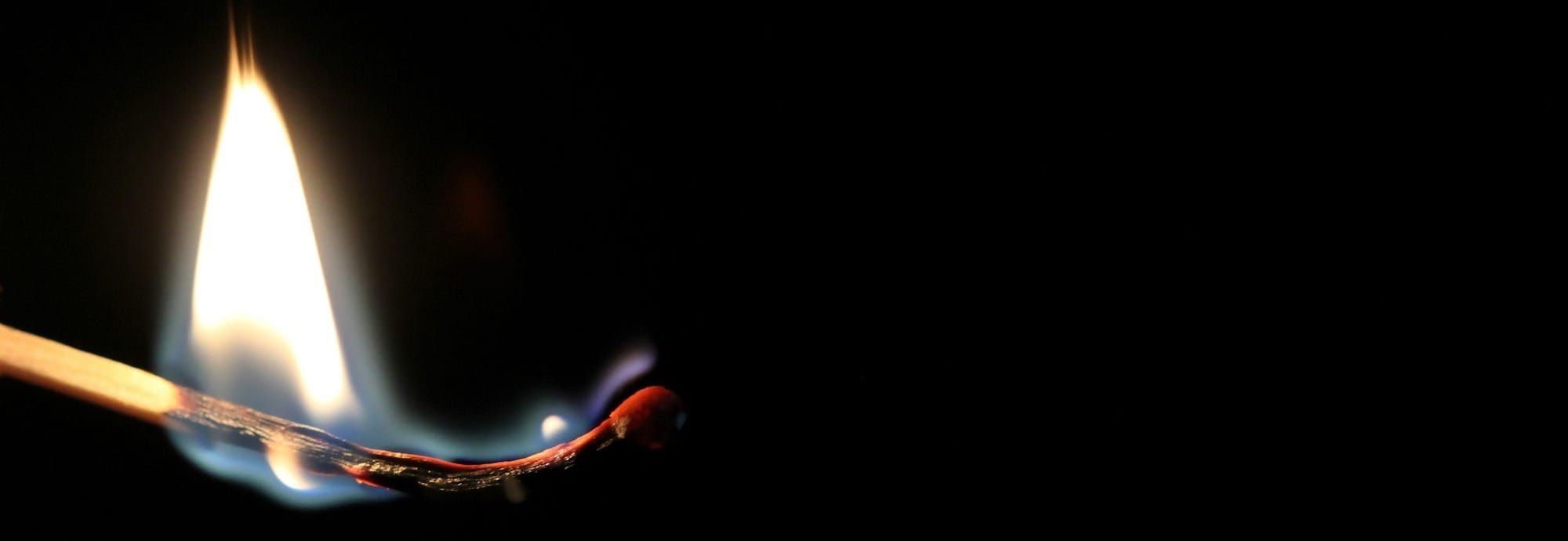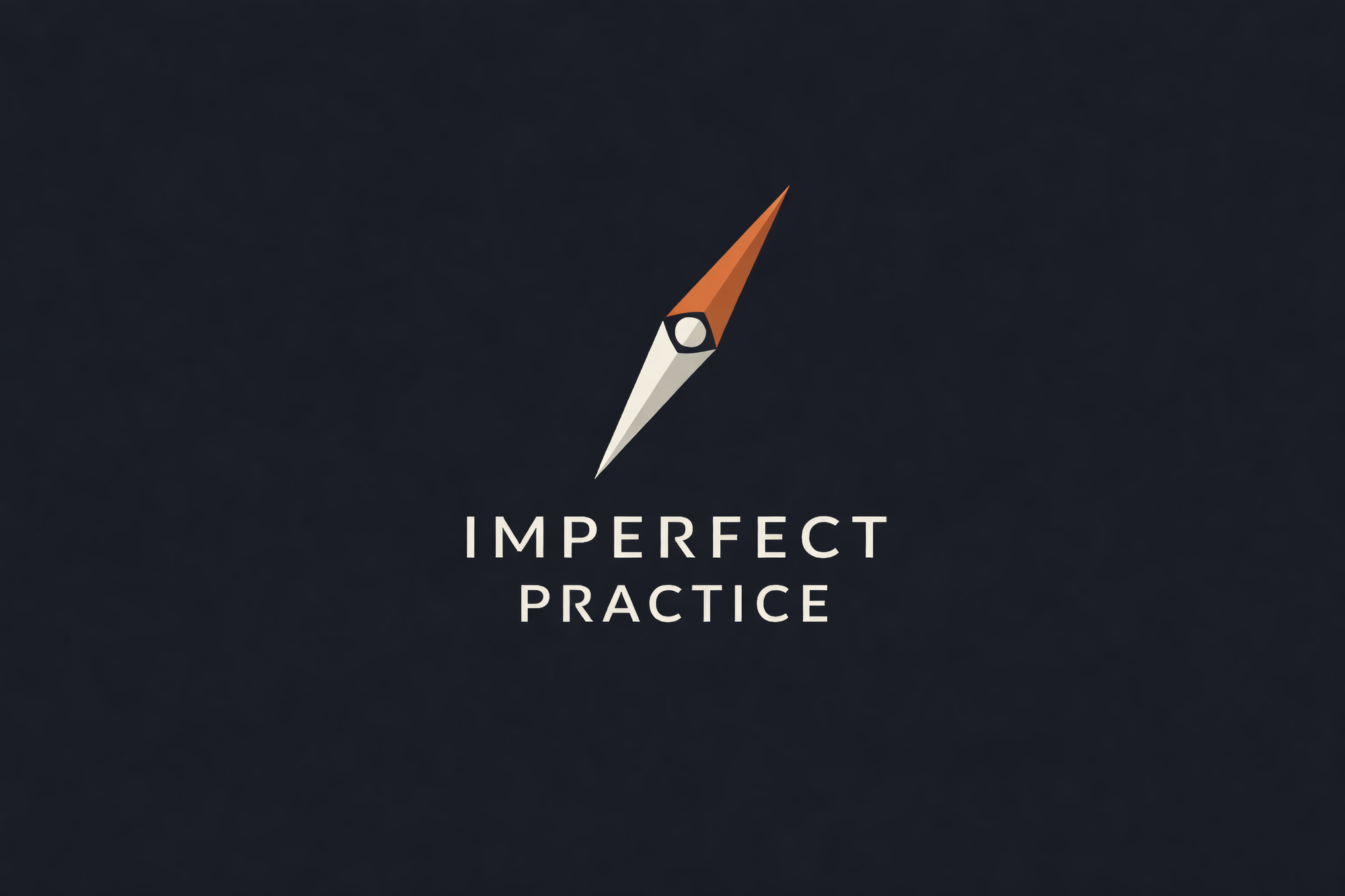Burnout, hiding in plain sight

At the age of 14, I decided I wanted to become a doctor.
At the age of 45, I was ready to throw in the towel.
My life has been one of focus and purpose.
I'd made my parents proud. I'd accomplished the goals I'd set for myself. I'd become the first doctor in my family.
I'd also sacrificed time with my own family. I'd sacrificed my health, both mental and physical. I'd sacrificed my free time and the majority of my personal desires.
But I'd done it. I'd gone to a prestigious medical school, completed a rigorous surgical residency, started a urology practice from scratch, and built it up to a multi-provider specialty clinic. My family was growing, my children becoming successful adults and teenagers. From all outside appearances, I was living the proverbial American dream.
So why was I so unhappy?
Work had been hard.
In addition to having built the practice from scratch, I'd spent over half of my time in that practice as the sole surgeon. I was recognizing signs of burnout. I sought help, tried to set up boundaries, and started meeting with a counselor. All of those things helped.
My practice continued to grow. I added a second surgeon and an additional PA. The workload improved. Almost every day, somebody, at work or outside of it, would ask me just how much better everything was. How much happier I was, how much easier my life most certainly had become.
I nodded. I smiled. I said everything was great.
I lied.
I lied, not out of malice. But because something was still off.
Something didn't feel right, and it frustrated the hell out of me that I couldn't pin down what that was, that I couldn't put a name to what was out of place. To what was missing.
In early 2022, for reasons I couldn't articulate, I started two podcasts. While I had long been a listener to them, I felt driven to start some of my own. They continue to this day, and I am proud of the work my cohosts and I have done on both of those shows.
Later that same year, I participated in NaNoWriMo and wrote my first novel. I was still the sole surgeon at that time, and it made no sense to expend the extra energy needed to do either of those. But I felt driven to do so.
I knew it was something I needed to do for myself. At the time, I didn't understand or know why. But I did it anyway.
Two more novels completed over the subsequent years, many questions about my sanity in undertaking these additional tasks that had absolutely no monetary benefit for me, and realization hit me.
And it hit me hard.
Now I know.
The answer to the question of why came to me while reading the introduction to the book Tiny Experiments by Anne-Laure Le Cunff.
She posits that we are wired to experiment. Our minds want the freedom to create, to take chances, to try new things. The inability to do so is an oft-unrecognized source of trauma in modern society.
The mind wants to create.
But modern life is designed to crush that.
It seems odd that, as a society, we pay a select few creative people such exorbitant amounts of money, all while devaluing the creativity of the individual. We crave being entertained, but often default to scoffing at people we know personally when they exert their creativity.
Many work environments also seem designed to stifle creative thought. We are instructed to standardize everything we do, whether it makes sense or not. We push for homogeneity and attempt to make it less ugly by calling it unity.
We castigate those who deign to come up with unique ideas. We label them as "difficult".
Being creative, taking chances? That's not for "normal" people.
That sort of thing is only for others.
I've always been imaginative. As a child, I was frequently chided for making noises as I quietly played out space operas and fantasy epics in my mind. If I were engaged in some mundane activity, I would survive it by letting my mind wander elsewhere.
I was continuously telling stories to myself in my own head.
And I was weird. Just ask any adult, they would have told you quick enough.
But that was when I was young. That wasn't how an adult acted.
Over decades of being driven, of behaving in a way that was accepted and expected, my creativity and imagination were dwindling. Those parts of my mind that had been so vibrant and active throughout my youth were withering, becoming nothing more than empty husks of what they once had been.
I was reaching my limit, and it had far less to do with my actual workload than I initially thought.
In fact, it took years more to understand the true source of my burnout.
My mind wanted to create. It wanted to take chances, to try new things, to experiment. It wanted to learn.
It wanted to fail.
Somewhere, deep in the dusty corners of my brain, it knew I needed the freedom to explore, create, and, sometimes, fail, and fail spectacularly.
But medicine is not a career for failure.
Complications happen. As doctors, we make mistakes. But we can never plan to fail. We can never plan to make a mistake. We can't look at a situation and decide to try something that has a 50/50 chance of being a disaster.
The stakes are too high.
Additionally, even when we, as doctors, want to try something new—a new device, technology, technique, etc.—it takes an inordinate amount of time to do so. There are approvals that need to happen, so many layers of bureaucratic bull crap that need to be cut through, and money that needs to be spent. Lots of money.
As part of a larger organization, if I see something new in my field of medicine that excites me, it may be months, or just as often, years before I can actually implement it.
By then, that excitement is long gone and has been replaced by exhaustion from the mundanity of it all.
That doesn't mean there aren't challenges. There are surgeries that push me from both an intellectual and technical standpoint. There are patient cases that make me think and look at things from a different vantage point.
But there aren't experiments.
The cost of failure doesn't allow for that.
And I'm not saying it should, either. This is just the reality of medicine. We have to be careful. We need to base our decisions on evidence and on the guidelines. Standards of care exist for very good reasons. We must adhere to them.
But that lack of creative freedom in my life was burning me out.
In retrospect, I now realize that is why I started my podcasts. While they haven't failed, and I think they are actually quite good, the chance for failure was there. I could have discovered that I wasn't good at speaking extemporaneously about a multitude of different topics. Maybe my cohosts and I would have discovered we had zero chemistry.
That chance for failure was there, and the fallout was minimal. It was a safe way to experiment and live the results.
It's the same reason I wrote three novels. First, I wanted to see if I was capable of the task. Failure was an option, and a very real one. But after I completed the first one, I wrote a second, and then a third, each in a different genre and very different in style.
Again, I was experimenting.
And now this. Imperfect Practice is the apotheosis of that desire for self-experimentation.
Over the last few years, I have found myself drawn to try new tools, new systems, new ways of approaching things I do every day. I now realize that this was all done for the sake of exploring that creative and imaginative side of myself.
I wondered why I felt such a personal imperative to create this, to encourage my desire to experiment. And thanks to Tiny Experiments, I feel I now understand myself better.
Because that is what it truly means to be human—to practice imperfectly every day.
Thanks for being here. Please subscribe, and join me as we nurture this need to create, to experiment, and to try new things.
